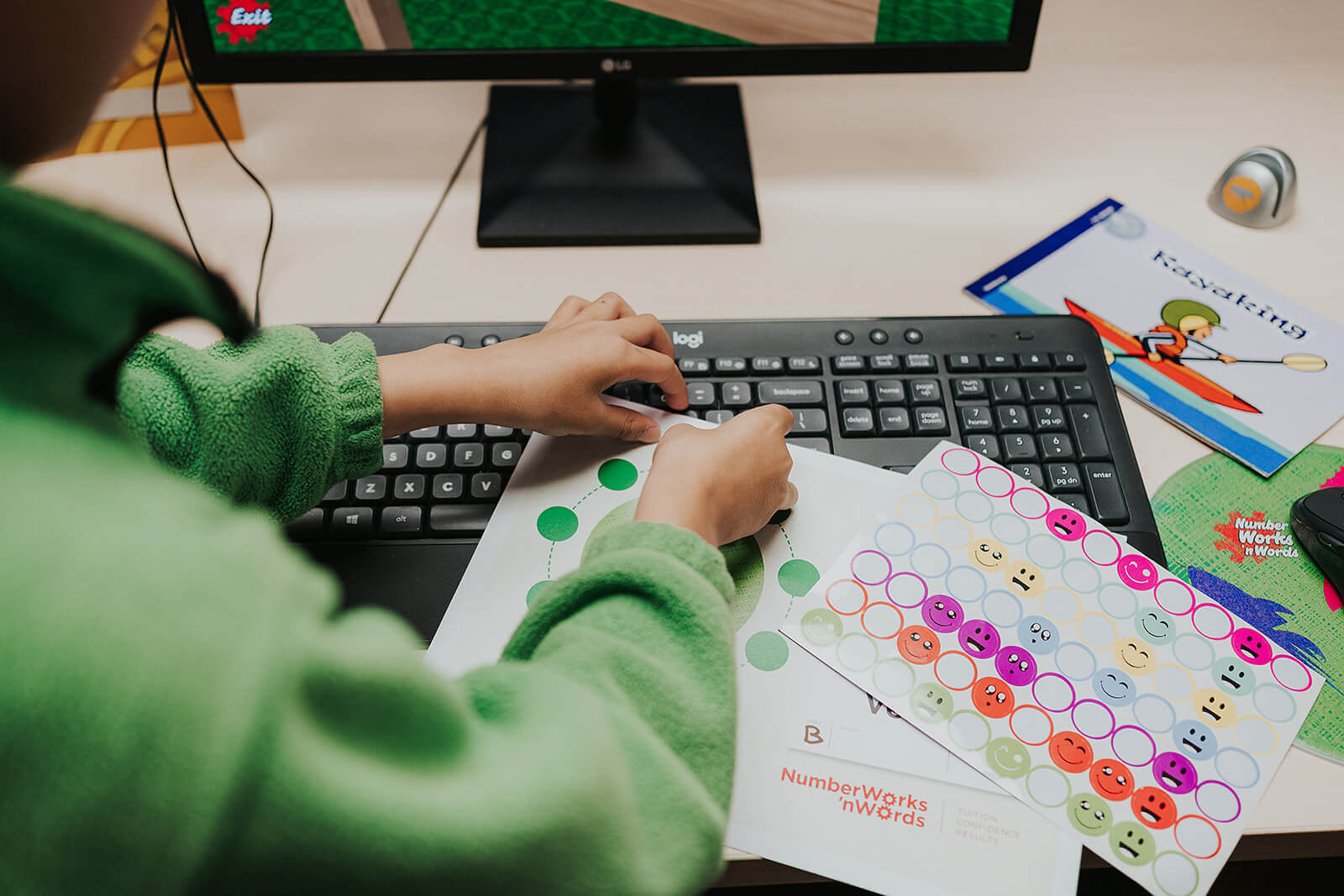The benefits of end-of-year reflections
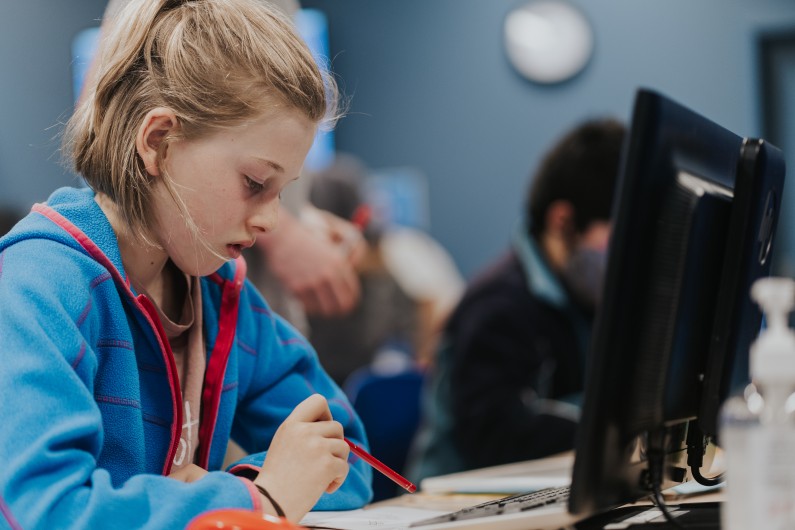
The end of the year is always an exciting time for both children and parents. Children are ready to relax and enjoy the school holidays ahead, while parents are ready to forgo the early morning rush. Although these are exciting times to look forward to, it is tempting to race blindly forward into freedom without looking back. There is significant value in taking a moment to reflect on the growth of your child, their academic progress and achievements, and newly developed interests. Read on to discover the benefits of reflection and how you can help your child reflect on their year.
1. Zero in on weaknesses
End-of-year reflections are an effective way to address your child’s weaknesses, based on their academic performance and discuss future steps to help them overcome challenges. It gives children the opportunity to open up about their struggles during the year and what subjects they didn’t enjoy or need additional support with. You might notice that their grades are lower in English or maths, and so discussion around enrolling in after-school tutoring might be a good option for the following year. Use this opportunity to zero in on your child’s weaknesses and offer additional support for the next year ahead.
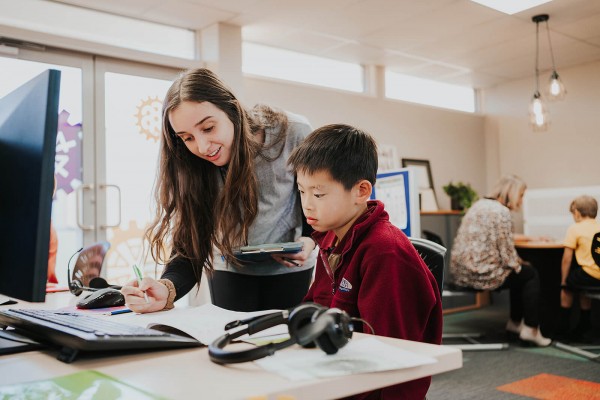
2. Recognise and celebrate accomplishments
It’s easy to fall into the trap of only reflecting on the things our children need to improve on. However, end-of-year reflections also provide us a chance to celebrate our children’s effort, hard work, and achievements. Rather than focusing solely on the weaknesses, think about all the positive changes your child has made, the accomplishments they’ve achieved, and the goals they’ve reached throughout the year. No matter how big or small, make use of end-of-year reflections to recognise and celebrate your child’s successes.
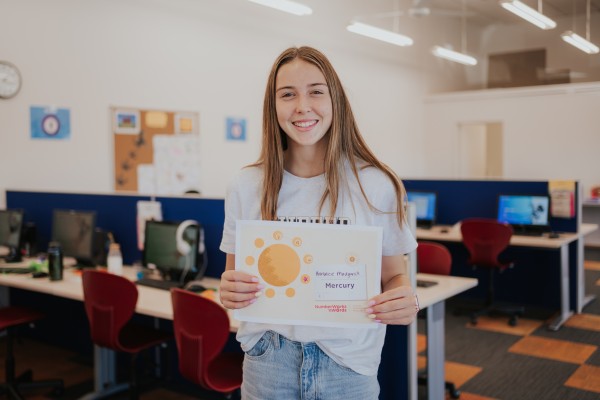
3. Revisit and evaluate goals
End-of-year reflections are a great time to help your child evaluate the goals they’ve set during the year. It is important to understand that our children may not achieve all the goals that they set, perhaps because they were too big or too difficult. However, revisiting the goals that were set for our children enables us to openly discuss and address why they didn’t reach their goals, how they can do better next time, and what you can do to help them along the way. On top of that, make the most of the reflection by creating an action plan for your child and help them set some new goals or challenges that they may want to take on in the following year.
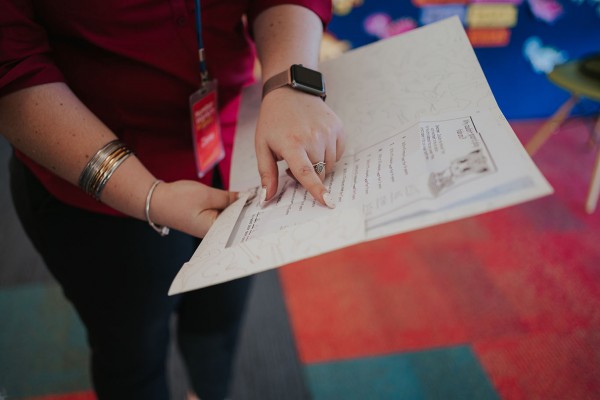
4. Develop skills
Encouraging end-of-year reflections is an important practice for children, as it builds upon vital learning skills that will benefit them beyond their school years. The act of reflection sets children up to become critical thinkers, with the ability to understand themselves better, learn from their experiences, discover what they enjoy or dislike, and develop upon their skill set. The end of the year is a great time to encourage children to practice reflection, as it enhances skills such as memory or recollection, questioning and investigating, explaining, and consideration.
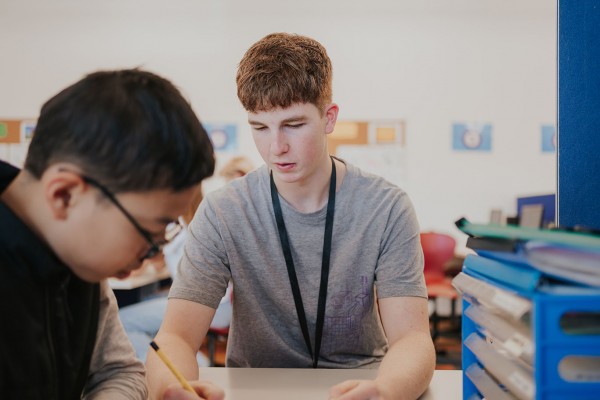
Reflection is a competency that is beneficial for children both in school and in life. It can help children create a positive transition into school holidays and catch a glimpse of next year. At NumberWorks’nWords, we know that reflection is key to personal growth, which is why we help our students reflect on their progress, achievements, and development.
Our proven approach to maths and English tutoring helps children develop foundational skills and focuses on closing learning gaps. If you would like to learn more, contact your local centre or book a free assessment!



